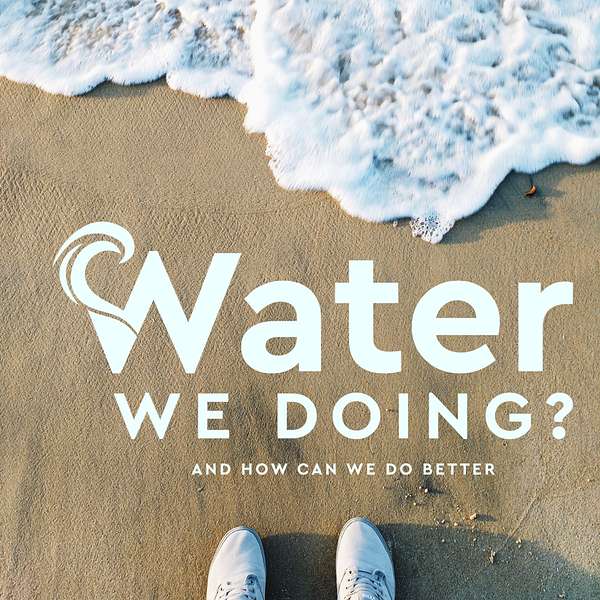
David Evans
I am a Professional Biologist with over 10 years of experience working in the woods and exploring all over Canada, learning all about our ecosystems and resource use. I started the Water We Doing? podcast as the more I learned about the issues facing our connection to water in Canada, and around the world, the more I realized how much I still had to learn. This podcast is a way to share my journey of exploring what we are doing to our water and how we can improve the management of our most precious resource. This is the official podcast of the Aquatic Biosphere Project, a project to bring a major water education and conservation attraction to the Canadian Prairies. For more info click here.



